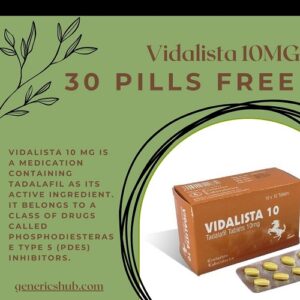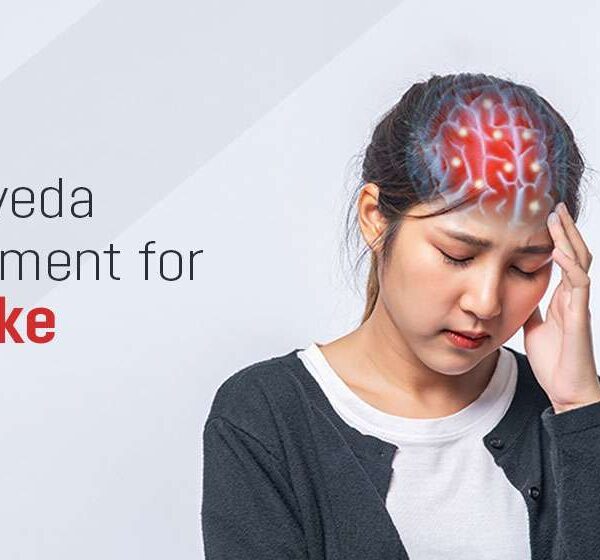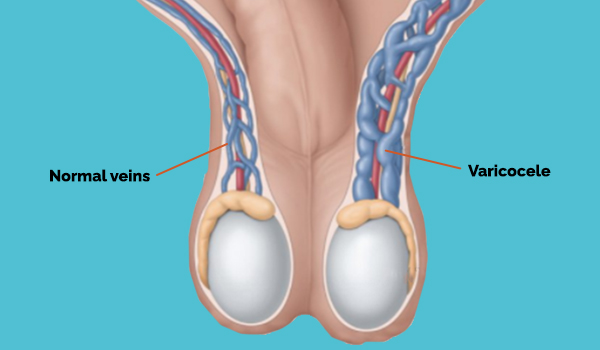
Introduction
Erectile dysfunction (ED) is a common condition that affects millions of men worldwide. It is characterized by the inability to achieve or maintain an erection sufficient for satisfactory sexual performance. While there are various factors that can contribute to ED, one often-overlooked aspect is the potential impact of high blood pressure medication. In this article, we delve into the relationship between high blood pressure medication and erectile dysfunction, exploring how certain medications may exacerbate or contribute to this condition.
The Role of High Blood Pressure Medication
High blood pressure, also known as hypertension, is a chronic medical condition characterized by elevated blood pressure levels in the arteries. It is a significant risk factor for various cardiovascular diseases, including heart attack, stroke, and heart failure. To manage high blood pressure and reduce the risk of associated complications, healthcare providers often prescribe medications known as antihypertensives.
Types of High Blood Pressure Medications
There are several classes of medications commonly used to treat high blood pressure, each with its own mechanism of action and potential side effects. These medications include:
1. Diuretics
Diuretics, also known as water pills, help the body eliminate excess sodium and water, thereby reducing blood volume and lowering blood pressure. Common types of diuretics include thiazide diuretics, loop diuretics, and potassium-sparing diuretics.
2. Beta-Blockers
Beta-blockers work by blocking the effects of adrenaline on the heart, causing it to beat more slowly and with less force. This helps lower blood pressure by reducing the workload on the heart and dilating blood vessels.
3. Calcium Channel Blockers
Calcium channel blockers prevent calcium from entering the muscle cells of the heart and blood vessels, causing them to relax and widen. This results in lower blood pressure and improved blood flow.
4. Angiotensin-Converting Enzyme (ACE) Inhibitors
ACE inhibitors inhibit the production of angiotensin II, a hormone that causes blood vessels to narrow. By blocking the effects of angiotensin II, ACE inhibitors help relax blood vessels and lower blood pressure.
5. Angiotensin II Receptor Blockers (ARBs)
ARBs block the action of angiotensin II by binding to angiotensin receptors in blood vessels, preventing them from constricting. This leads to vasodilation and reduced blood pressure.
Potential Impact on Erectile Function
While high blood pressure medications are highly effective at managing hypertension and reducing the risk of cardiovascular events, some may have unintended effects on sexual function, including erectile dysfunction. The precise mechanisms underlying this association are not fully understood, but several factors may contribute to the development or exacerbation of ED:
1. Vascular Effects
Certain antihypertensive medications, such as diuretics and beta-blockers, can affect blood flow to the penis by reducing overall blood volume or causing blood vessels to constrict. This can interfere with the normal erectile response, making it more difficult to achieve or maintain an erection.
2. Hormonal Changes
Some medications, particularly beta-blockers and diuretics, may alter hormone levels in the body, including testosterone. Testosterone plays a crucial role in male sexual function, and low levels of this hormone can contribute to erectile dysfunction.
3. Psychological Factors
The diagnosis of hypertension and the need for long-term medication therapy can cause stress, anxiety, and depression, which are known risk factors for erectile dysfunction. Psychological factors can exacerbate ED or contribute to its development independent of the physiological effects of medication.
Blood Pressure Management
Effective control of high blood pressure is crucial in minimizing its impact on erectile function. Antihypertensive medications such as Angiotensin-converting enzyme (ACE) inhibitors, Calcium channel blockers, Beta-blockers, and Diuretics help regulate blood pressure levels, promoting overall vascular health.
Hormone Therapy
In cases where hormonal imbalances contribute to erectile dysfunction, hormone therapy may be recommended. Testosterone replacement therapy can improve libido and erectile function in men with low testosterone levels.
Lifestyle Modifications for Improved Sexual Health
Diet and Nutrition

A balanced diet rich in fruits, vegetables, whole grains, and lean proteins supports cardiovascular health and may improve erectile function. Limiting sodium, saturated fats, and processed foods helps control blood pressure and reduces the risk of ED.
Regular Exercise
Physical activity plays a pivotal role in managing both high blood pressure and erectile dysfunction. Engaging in aerobic exercises such as brisk walking, jogging, swimming, or cycling enhances blood circulation, lowers blood pressure, and promotes sexual function.
Stress Management
Chronic stress contributes to high blood pressure and exacerbates erectile dysfunction. Incorporating stress-reduction techniques like meditation, deep breathing exercises, yoga, or therapy can alleviate psychological factors impacting sexual performance.
Emotional Support and Counseling
Erectile dysfunction can take a toll on mental well-being, leading to feelings of inadequacy, anxiety, and depression. Seeking support from a qualified therapist or counselor can help address emotional barriers and improve self-esteem, fostering healthier sexual relationships.
Conclusion
In conclusion, while high blood pressure medications are essential for managing hypertension and reducing the risk of cardiovascular complications, they may have unintended effects on sexual function, including erectile dysfunction. It is essential for healthcare providers to discuss these potential side effects with patients and address any concerns or symptoms they may experience. Additionally, individuals experiencing erectile dysfunction while taking antihypertensive medications should consult their healthcare provider for further evaluation and management options.










